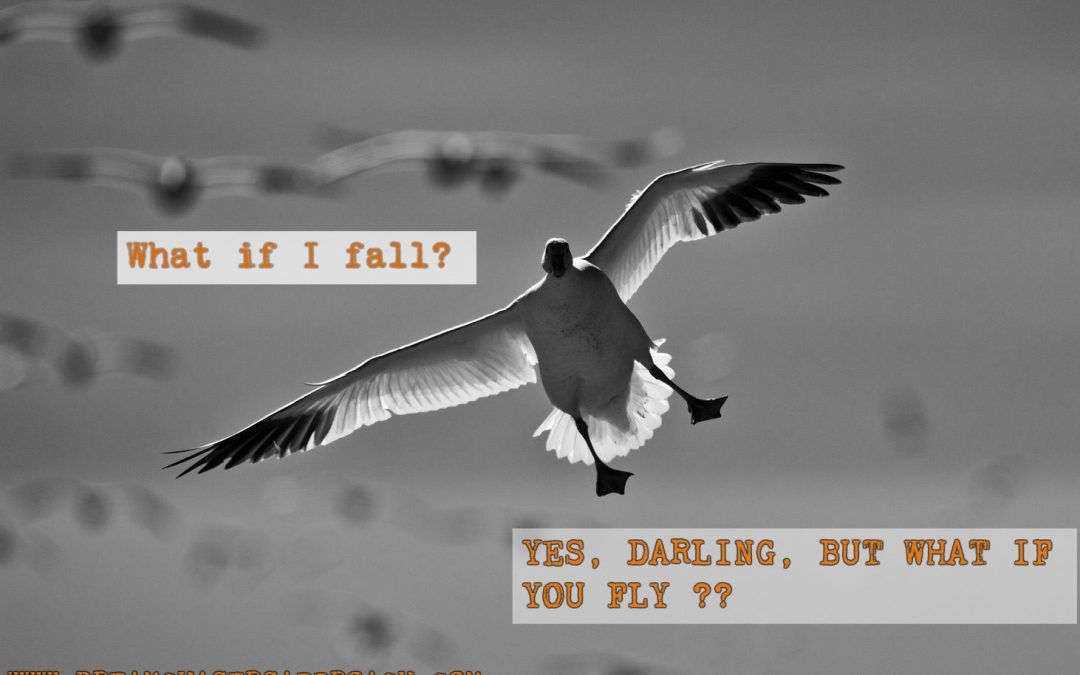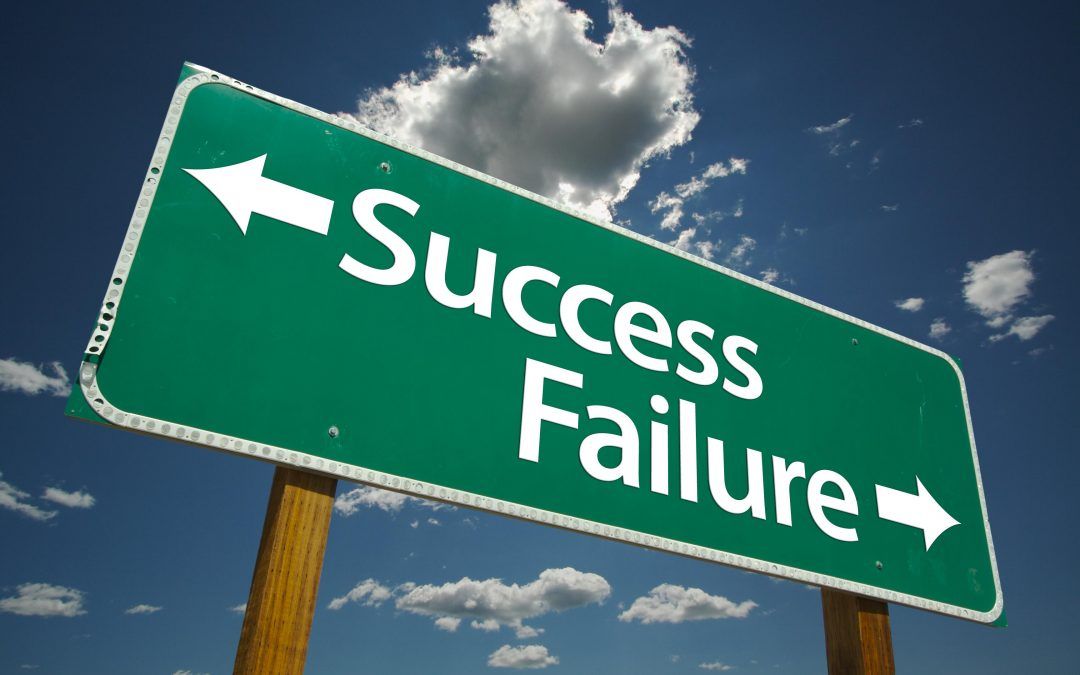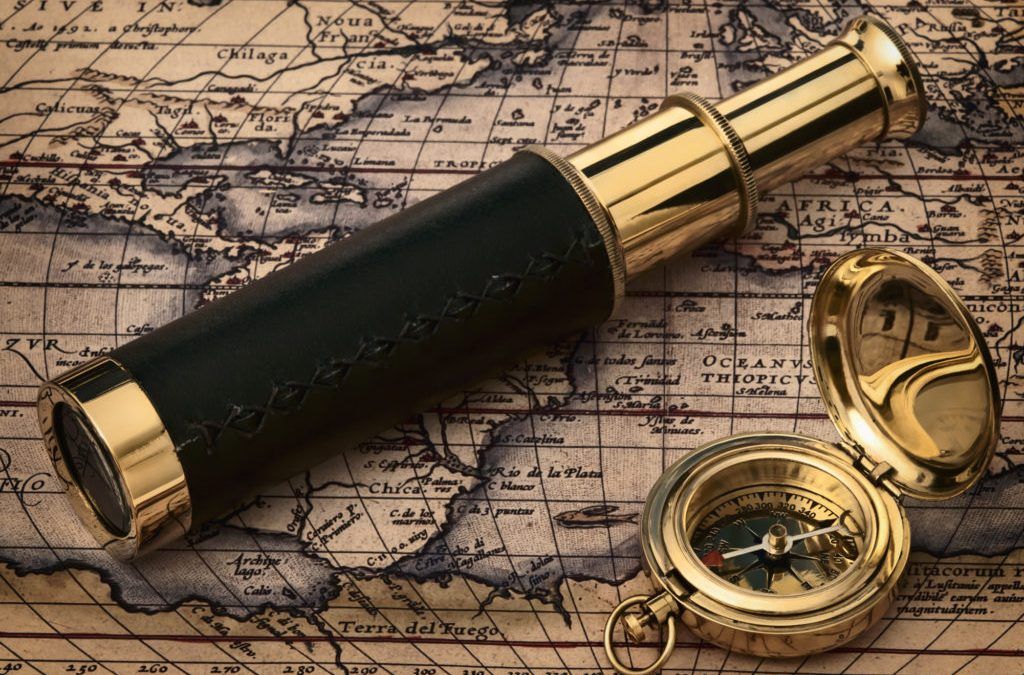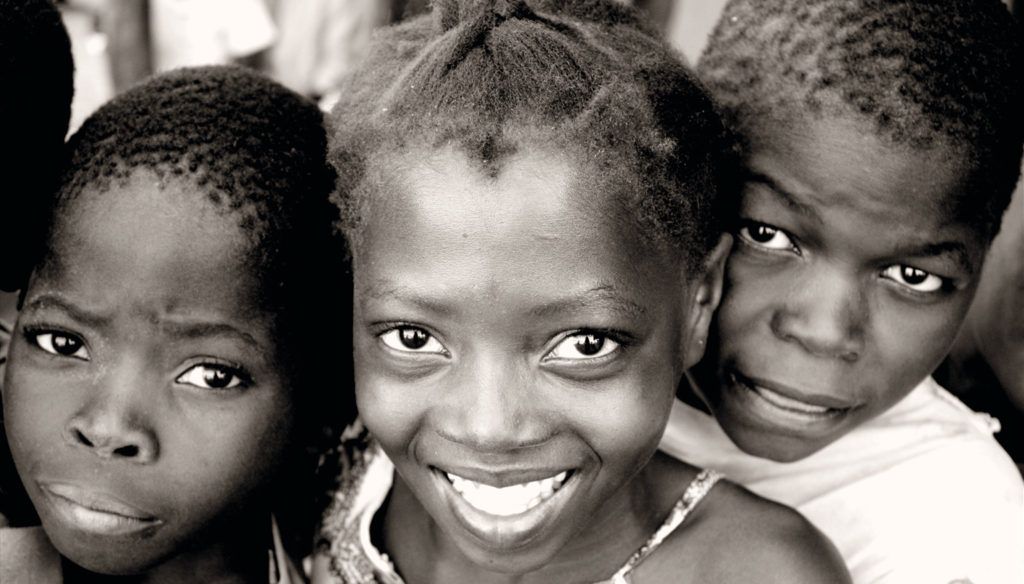by Dream Chasers Approach | Oct 7, 2016 | Desmond Tutu - life lessons, personal success, success interviews |
<iframe src="https://www.youtube.com/embed/YXIVQ-82Jew" frameborder="0" allowfullscreen class="abcd123"></iframe>
Today Desmond Tutu celebrates his 85th birthday! He has had a rich life and carries a wealth of experience and wisdom! Time to share one of his most important nuggets of wisdom! Watch this special video excerpt from my time with the ARCH where he answers the most important question I had! Officially, I was not allowed to film when I met Tutu last March, but we caught a brief moment when he was ‘unattended’….
What were the most important aspects in life that has helped you become the person you are today and what is one of the greatest lessons you have learned as a leader?
Desmond: It’s that I’m not inventing anything. There are those who were there before me and I’ve been very blessed with the mentors that I’ve had – people who’ve taught me how to be caring. When I was 13 or 14 I had Tuberculosis (TB) and I was hospitalized for nearly two years, and I had a priest who visited me every week. If he couldn’t, then he sent a member of his community to visit me. And I learned that – I didn’t know that I was learning – how you can make someone feel important.
Who were the most important mentors in your life?
Desmond: My mother and two priests. There are many things we don’t absorb cerebrally, we absorb in all other kinds of ways. We are influenced by people who touch us. My mother, she was an extraordinary human being. She was very gentle and very caring. I always say to people that I resemble her physically – she was very short and had a very large nose. I look much like her – especially my big nose which I have to put into everything (Tutu giggle) – and I pray that I can be like her, concerned for others.
I already mentioned the priest who visited me in hospital, but I could also speak about the first priest that I met. He was a black priest and we were young boys and so-called ‘servers’ at church, We would go out to rural areas and when we got there the priest was a big chief! The people would dance around him and give him all of their attention. After the service they would prepare a magnificent meal for him and drive out the children. I have never forgotten that that priest never sat down to his meal before he went out and checked on us and made sure we had food. I mean we were very much lesser mortals . When this is happening you are not aware that this is actually impressing itself on you. It’s only later when you do certain things and I was wondering “Why am I doing this?” and actually I am emulating t his priest– his way of caring. So none of us can ever claim we are self-made!
The importance of Mentorship
Mentorship is one of the most important aspects that shaped Tutu into the person he has become! Not all of us have mentors, and not all of us have good mentors. We often look to people like Desmond Tutu, Les Brown, Bill Johnson, Heidi Baker – you name it – and with we could have them as mentors. Well, you might not have direct access to them – but I have developed a unique mentorship program with life lessons from all the expert interviews I have taken so you can know how you can become the best YOU.
I am launching a FREE webinar on the Dream Chasers mentorship program Friday, 14 october, 20.00 hours and Saturday, 15 October 15.00 Hours. You will learn about the different phases and stages successful leaders walk through in fulfilling their dreams, their destiny and getting to the next level.
Sign up for for the FREE webinar HERE
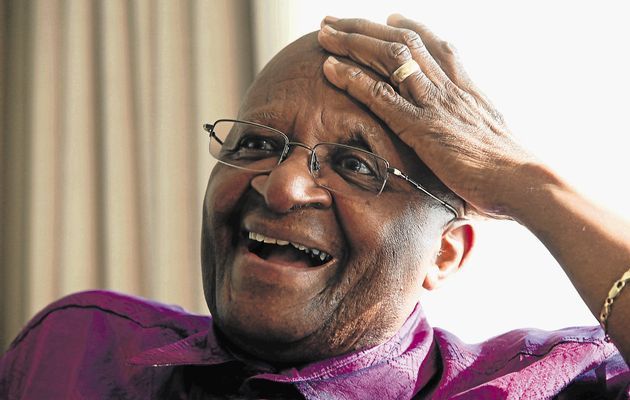
by Dream Chasers Approach | Sep 23, 2016 | Desmond Tutu - life lessons, personal success, success interviews, The Power of Forgiveness |
Over the past three weeks I have been busy writing the chapter on Tutu for my book Dream Chasers . The chapter title is Wounded Healers and its insights are worth more than gold! But in the writing process it’s always a challenge to decide what to take in and what to leave out. So I have decided to share some of what I had to leave out! Tutu Unplugged is a blog with Q and A from my own interview and research I’ve done!
Your greatest message to the world is that there is not future without forgiveness. Who was your main teacher on forgiveness?
Desmond Tutu: Life! Ha,ha,ha (Tutu giggle). I think most of us know from our own personal experiences that if it were impossible to be forgiven and to forgive, and so to be reconciled, you could just as well close down humankind! Imagine a husband and wife relationship. No matter how much in love they are, and even if they are both angels – there does come a time when they have a falling out – and if they don’t work at reconciliation where one of them is saying what in all languages are the most difficult words: “I am sorry, forgive me,” and where the other needs to forgive, there actually is no future for that relationship!
And if you extrapolate it, it’s a political reality. Imagine if we hadn’t had a Nelson Mandela who urged us to walk a path of reconciliation and forgiveness and not the path of retribution – where would we be in South Africa? Or think of Northern Ireland where they began to choose a different path. We live in a time where we are so suspicious of one another and God weeps. He weeps and says “My children, you belong to one family. Anthropology has tried to work that out, saying we all come from Africa from the same mother called ‘Eve’ – so we are all African! We have to accept each other’s differences and not chose retribution.
Forgiveness is not always easy, in particular if the person that has wronged you does not say ‘I am sorry’. How do you deal with that?
Desmond Tutu: Of course it is always better if the perpetrator shows remorse and is contrite, but even if he isn’t, forgiveness is something you do for your own sake. When Jesus hung on the cross he didn’t say “Hey guys, I’m waiting for you to say ‘I’m sorry’”. No, he even found an excuse for them! “Forgive them for they do not know what they are doing.” So you have to ask yourself who is the guy that’s really free! By releasing your right to retribution you unchain yourself from the perpetrator and can move forward. If you hold on to hatred and revenge, you are still chained to the person that has wronged you. So forgiveness is something you do for your own sake!
As a perpetrator the only way how you can appropriate forgiveness is confession and actually receive the forgiveness. It is like opening a window. Forgiveness is like the fresh air and the sun that is outside and you have the windows and curtains closed. The wind is still out there, my forgiveness is still available to you, but it won’t find access until you open the window and the light streams in. You draw the curtains apart and the fresh air comes in. As a perpetrator, by your contrition and confession, you open that window and my forgiveness can enter your being.
How can one persevere with so much negativity around you like you had during apartheid?
Desmond Tutu: It’s important to have affirmative people around. You try to find people who affirm you. It is important to try and not stand alone. You are an easy target if you are alone. You need to try and form coalitions.
Look at yourself in the mirror – don’t be scared at what you see – and say to you ‘I’m the cat’s whiskers!” I am the best thing that God ever created! We can be put down so easily and it is important that we have a proper affirmation of who we really are. In the world there are people called VIPs, they don’t stand in any queues and things like that. The bottom thing is remembering that you are a VSP – a very special person, and that God didn’t make a mistake creating you! You are the only one of your kind.
What sustained you during the difficult time of fighting apartheid and the hearings of the Truth and Reconciliation Commission, when you heard more than 20.000 individual stories of suffering and horror people experienced under apartheid?
Desmond Tutu: For me personally it has been to seek the times of quiet. There are so many noises around us and I personally need to seek the quiet to hear God and commune with him. I was trained as a priest in a convention and I stuck to the regiment of early devotion. So that is something I have practiced ever since I’ve become a priest and it has sustained me. And then there is the prayers of so many others which have sustained me. Without the prayers of so many who have offered prayer for me I could not have made it.
You have had a really remarkable life and a great impact on the nation’s history. If you could identify one thing that got you there – what would it be?
Desmond Tutu: I’ve got a hot line up! I’m not trying to be modest, but the fact of the matter is that when you stand out in a crowd it is only because you are being carried on the shoulders of others! If the people at home had repudiated me when I stood up told the nations of the world we need sanctions – where would I have been? Nothing! Nowhere! And I am so aware of how much I owe to others. I know that there are so many people praying for me!
In public speaking they always say you should tell stories – I have one original story, and that’s the story of little light bulb. Light bulb was so full of himself, putting himself in the center and shining bright. One day someone unscrewed light bulb from the socket and put it on the table. Light bulb tried to shine as hard as he could – he tried. Light bulb went cold and black, because light bulb had forgotten that while he shone he was connected through these invisible wires to the dynamo! So when Tutu appears spectacular with a large nose in the front pages it is only because there are some fantastic people doing a great deal of praying! (Tutu giggles heartily)
What’s the funniest experience you have had?
Desmond Tutu: Ha, ha (Tutu laughs heartily) One of the funniest was when I was in San Francisco, walking the streets and minding my own business (as I always do! Tutu giggles), and all of a sudden a very vibrant woman came up to me and said, “Hello, archbishop Mandela!” It was kind of like getting two for the price of one!
What is your greatest piece of advice to the young generation?
Desmond Tutu:Dream dreams! Don’t be infected by the cynicism of the oldies. Believe that this world can become a better world, a world where there is room for everyone, a world where you have the capacity to include all and not be shaken and scared by the successes of others. Dream of a world where poverty is history, where everyone knows they have a place in God’s heart. Dream. Dream because you get to be adults too quickly and you forget your dreams. Dream.
Watch out for my next blog! I will share Desmond Tutu’s greatest life lesson and what helped him to walk out his destiny!
Download my free Ebook Seven Keys To Abundant Living Here
Share this post with your friends!


